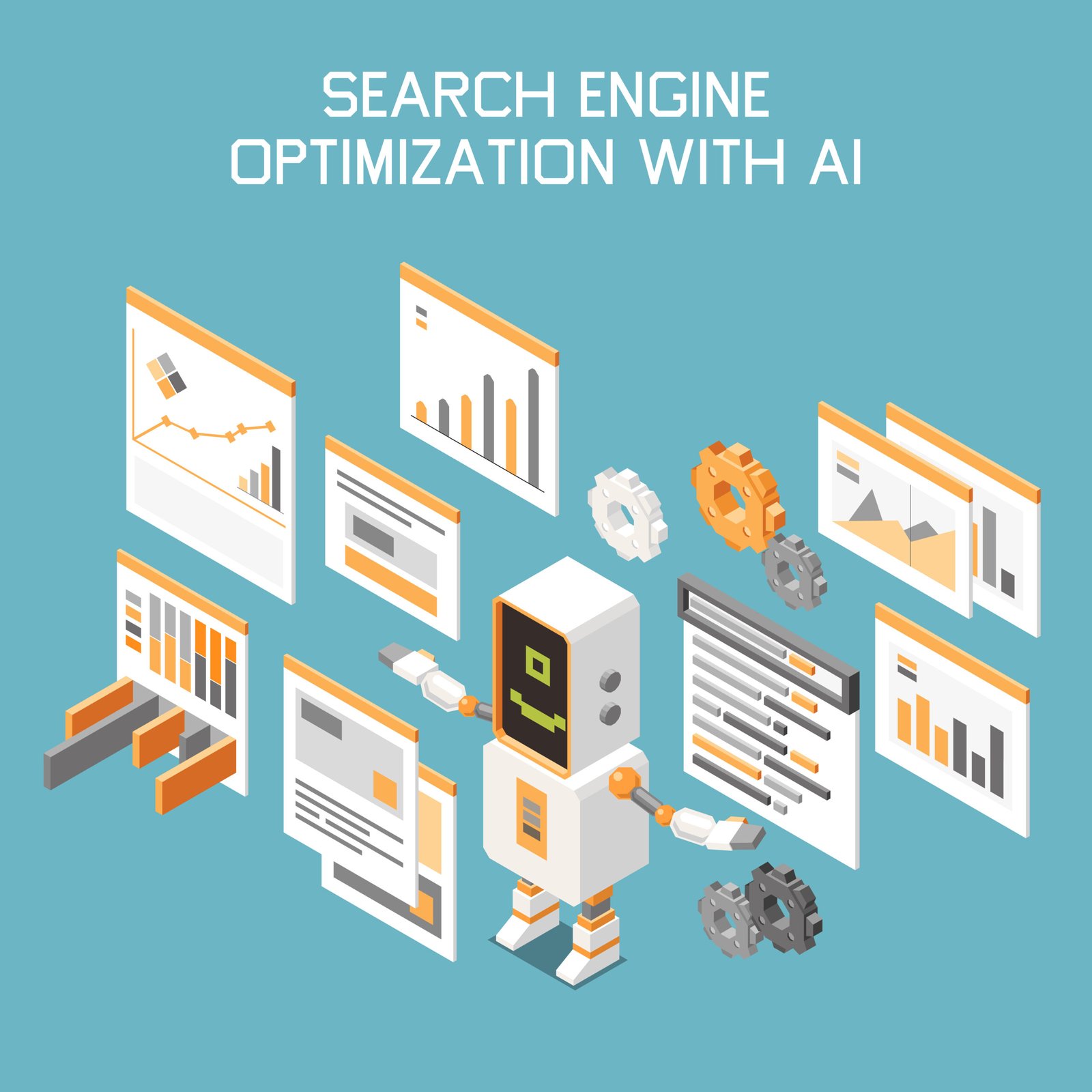Introduction to Beta Technologies
“Beta technologies” has evolved into a byword for innovative inquiry and creation in the lightning-fast digital world of today. Leading edge in science and technology, these developments provide a window into the future as they keep perfecting. Beta technologies are essentially fresh concepts currently in the research and development phases that might transform whole markets and lifestyles.
What makes beta technologies so significant is their ability to simplify procedures, solve difficult problems, and open new prospects in many other sectors. This paper explores the development, current applications, and future directions of beta technologies, therefore offering insightful analysis to entrepreneurs, techies, and inventors.
Historical Development and Major Milestones
At the outset of the digital revolution, this was Over the last several years, computing power, data analytics, and artificial intelligence have all helped these technologies to evolve dramatically.
Key Milestones and Development
Internet and personal computers allowed beta technologies in the 1960s and 1980s.The 1990s Internet and mobile technology simplified information dissemination and communication.
In the 2000s, big data analytics and cloud computing scaled data storage and processing.AI and machine learning revolutionized intelligent systems and automation in the 2010s.In 2020, blockchain, quantum computing, and the IoT will provide unsurpassed security and connection.All of these milestones show how beta technologies have broadened our horizons quickly.
The Role of Beta Technologies in Today’s World
In the modern world, beta technologies are very important because of the impact they have on many businesses and people’s everyday lives. They are the engine that propels innovation, which in turn changes established business models and gives companies a competitive edge.
Enhancing efficiency, optimizing resource use, and delivering exceptional customer experiences are all made possible. They make it possible to analyze data in real-time, get insights from predictions, and make decisions automatically, which helps with well-informed strategic planning.
Industries and Sectors Benefiting
Many sectors have begun to benefit , integrating them into their primary processes to gain a competitive edge.
Beta Technologies in Healthcare
Beta technologies are changing healthcare diagnosis, treatment, and care. AI in medical imaging systems may enhance patient outcomes by speeding up and improving diagnostics.
Beta Technologies in Finance
Blockchain and other beta technologies provide open and safe financial transactions. Blockchain technology’s distributed character assures data’s privacy and security as well as lowers running costs and fraud prevention.
Beta Technologies in Manufacturing
By automating monotonous activities and lowering human error, robots and the Internet of Things (IoT)—help the industrial industry. By use of these technologies, real-time quality monitoring and predictive maintenance are made possible, therefore augmenting production and raising product standards.
Beta Technologies in Education
For more customized educational experiences in the field of education. To improve student engagement and performance, AI-powered systems personalize material and feedback based on individual learning styles.
Case Studies of Successful Integration
Healthcare: The Use of AI in Medical Imaging
A renowned hospital introduced artificial intelligence-powered medical imaging equipment in its radiology department. By spotting abnormalities that human radiologists may have overlooked, the technology increased accuracy while decreasing diagnosis time by 30%. This is an example of how we can revolutionize healthcare by improving patient care and streamlining procedures.
Finance: Blockchain for Secure Transactions
In order to protect its international transactions, a prominent bank used blockchain technology. Both the amount of time it took to process transactions and the number of fraudulent instances dropped dramatically after the deployment. Customers expressed increased trust and happiness, demonstrating the influence of the beta technology on the financial sector.
Agriculture: Precision Farming with Drones
Using beta technology, a forward-thinking farm incorporated drones for precision farming, keeping tabs on crop health and making the most efficient use of resources. The farm had a 20% boost in output while cutting down on water and pesticide consumption, demonstrating the positive impact of beta technology on agriculture both economically and environmentally.
Retail: Augmented Reality in Shopping
Using beta technology, a forward-thinking farm incorporated drones for precision farming, keeping tabs on crop health and making the most efficient use of resources. The farm had a 20% boost in output while cutting down on water and pesticide consumption, demonstrating the positive impact of beta technology on agriculture both economically and environmentally.
Future of Beta Technologies: Upcoming Trends and Innovations
Emerging trends and developments will fuel the continuing progress and breakthrough in the future.
Beta Technologies: What Comes Next?
By making conventional computers look like amateurs when confronted with difficult problems, quantum computing is poised to transform the game of data processing.
2.5G connection enhances real-time data exchange and remote operations and helps IoT devices to be seamlessly integrated.
Autonomous systems want to see automation spread throughout industries, from self-driving cars to autonomous drones.
Edge computing reduces latency and enhances real-time analytics by bringing data processing closer to its original point of collecting.
Predicted Innovations
The convergence of artificial intelligence, the internet of things, and quantum computing will create hyperconnected future smart settings. Industries and society alike will undergo radical transformations as a result of these breakthroughs’ push for efficiency, sustainability, and customization.
Challenges and Limitations of Beta Technologies
Beta technologies still have a ways to go before they can reach their full potential because of a number of restrictions and difficulties.
Common Challenges in Implementing Beta Technologies
Difficulty: Implementing into preexisting systems may be a daunting task that demands substantial resources.
Talent Gap—Implementation The high demand for beta technology specialists results in a shortage of qualified individuals, slowing down implementation efforts.
Challenges in Regulation: Navigating complex regulatory systems may be difficult, particularly in highly controlled industries like banking and healthcare.
Mitigating Risks with Beta Technologies
Agile techniques, cross-functional cooperation, and talent development investment may help organizations reduce risk. Another way to ensure a smooth rollout is to consult with relevant parties and professionals in the field.
Ethical and Social Implications of Beta Technologies
In order to promote responsible and sustainable development, it is crucial to thoroughly examine the social and ethical consequences .
Security and privacy issues.
There are valid worries about the security and privacy of data due to the extensive use of beta technologies. It is essential to preserve public confidence by ensuring strong data security safeguards and openness.
Ensuring accessibility and inclusivity
We must create tech in a way that is inclusive and available to everyone in order to prevent prejudice and provide equitable access. Collaboration with varied parties may better address these difficulties.
Conclusion: The Impact and Importance of Beta Technologies
Novel beta technologies might transform whole industries and improve people’s quality of life in hitherto unattainable degrees. By learning and working out how to use them, people and businesses may help to shape the future.
Reasons businesses should become masters
In the fast-paced business of today, companies cannot afford to lag behind beta technologies or else they would lose momentum. Investing in research and development and interacting with new trends can help you open fresh development paths and increase value generating.
Over time, it will improve industries for the benefit of increased sustainability, efficiency, and innovation. Their impact will be seen in all spheres of life, therefore guiding our behavior, employment, and interaction with the surroundings.
When businesses give creativity, collaboration, and invention top priority in order to lead the upcoming technological revolution, a better, more linked future is within grasp.















Comments on “Beta Technologies: Pioneering the Next Wave of Innovation”